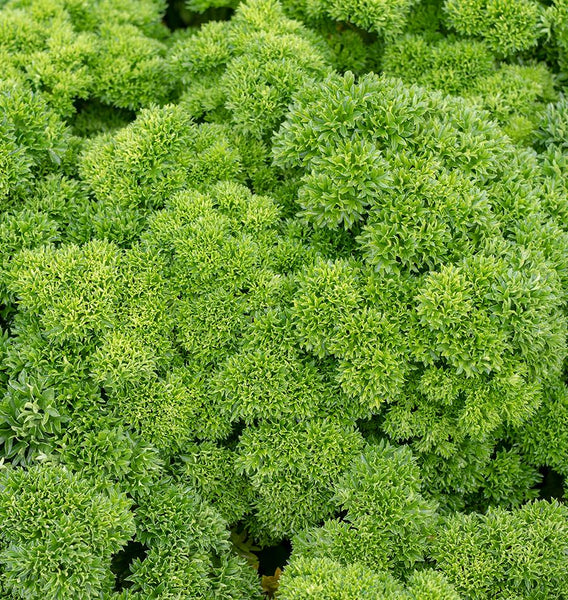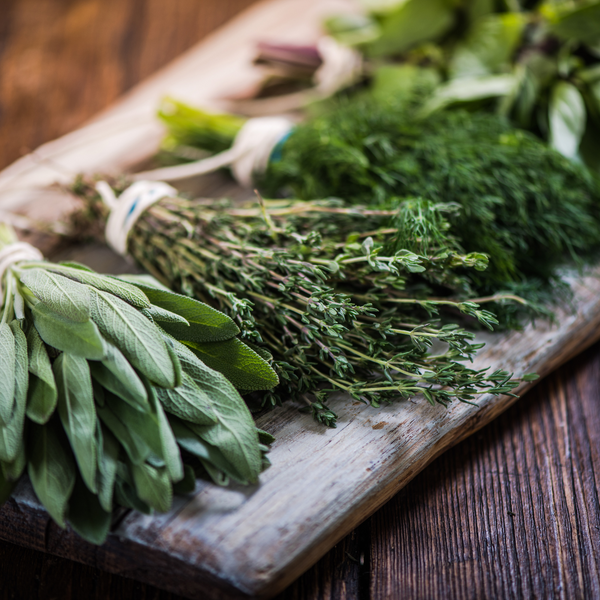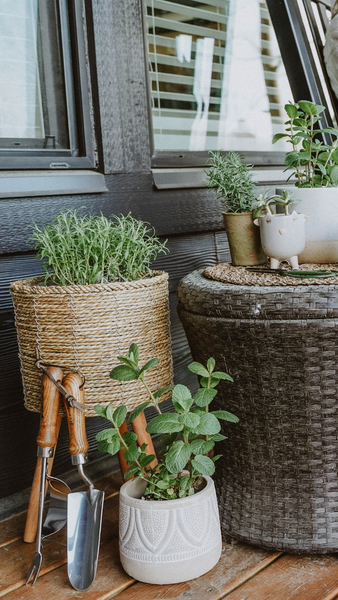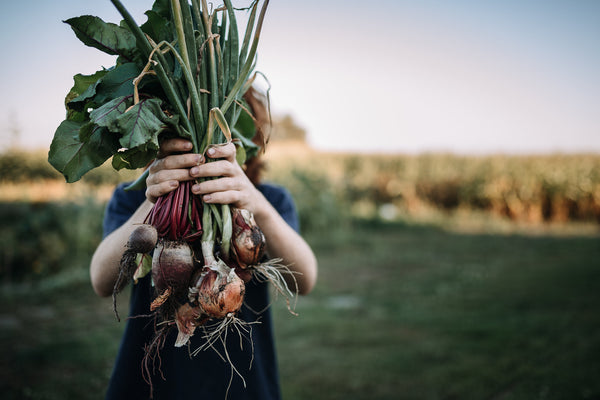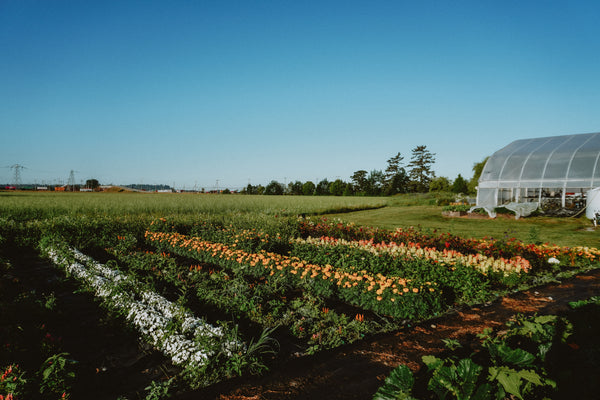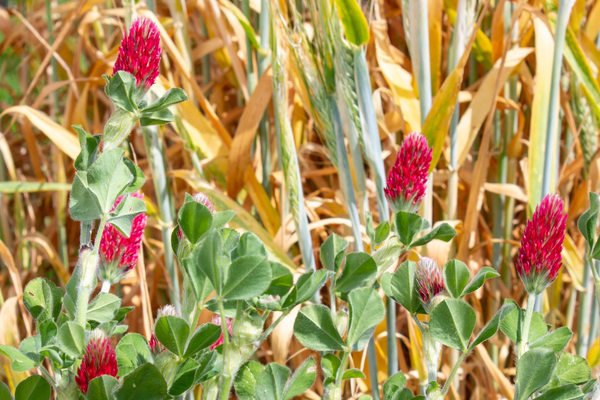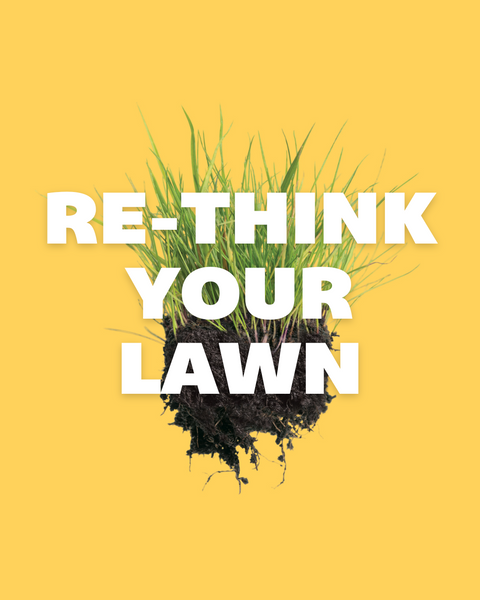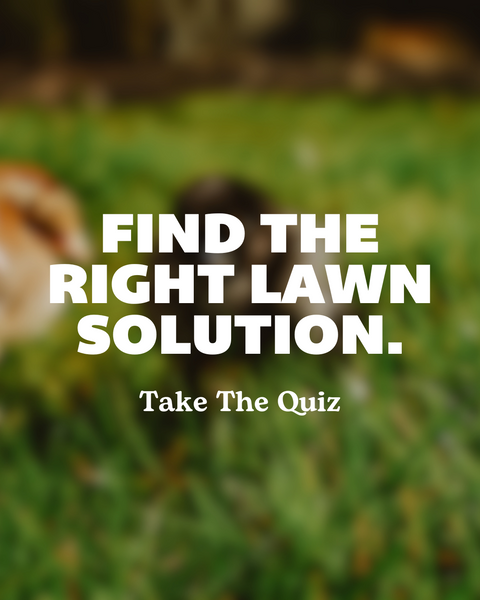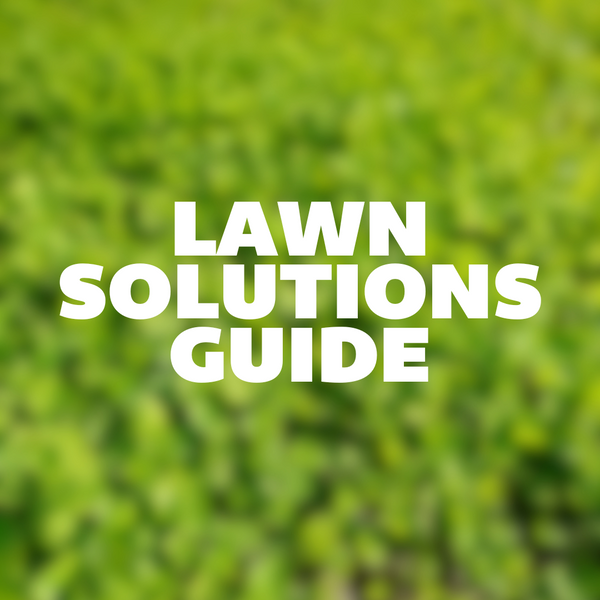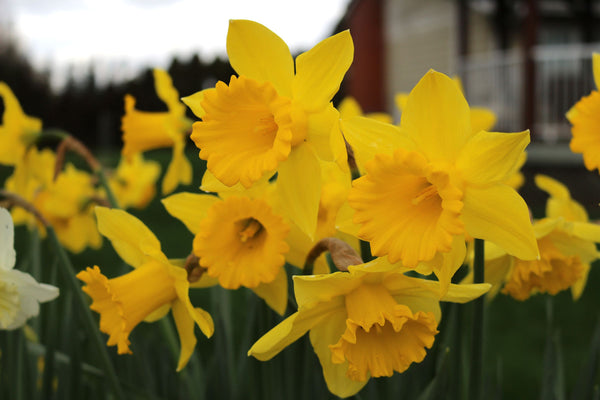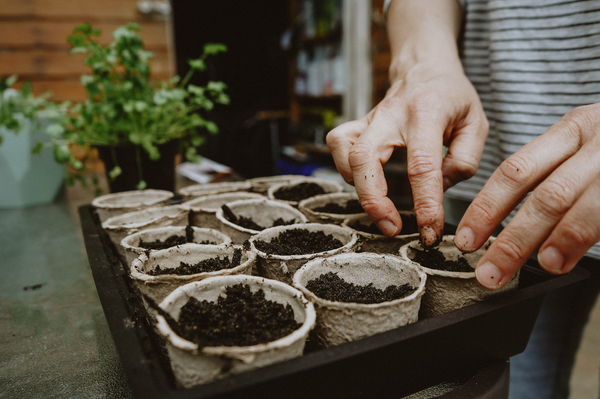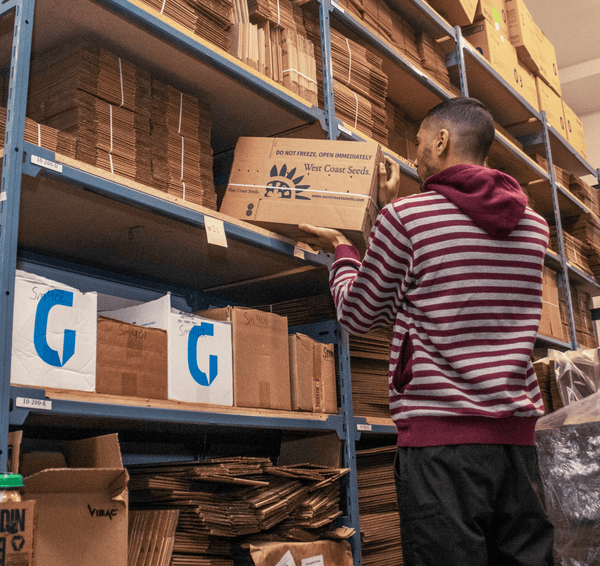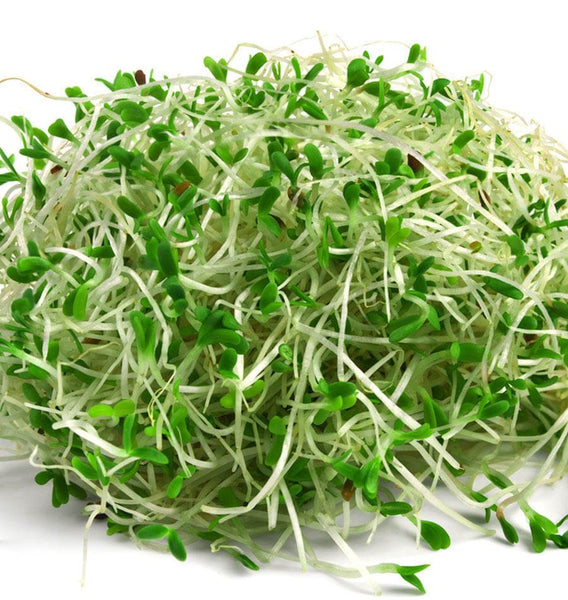When we are asked, “Why are my seeds not germinating?” we consider a number of factors. Seeds are living organisms in as much as a certain percent of them will germinate in the correct conditions and produce seedlings, which, in the correct conditions, will produce plants and eventually more seeds. Before we order our seeds, we determine if the germination rate meets our high standards. We also test each and every seed lot annually to ensure that the germination rate remains higher than Canada Number One, as set by the Canadian Food Inspection Agency (CFIA). Samples of each lot of our seeds are tested in independent laboratories that are CFIA certified.
We take germination rates very seriously and print the result of each test on our seed packets. It is the goal of West Coast Seeds to provide the finest, fattest seeds, as well as the information needed, so that you have success in your garden and on your farm.
Many variables can affect the germination rate of seeds. How the seeds were stored, their age, the depth at which they were planted, the weather, the soil they were planted in, moisture, and temperature can all play a role in the success or failure of germination.
West Coast Seeds is proud to offer seeds of the highest quality, and we stand by our product. Our exceptional germination rate was the reason that our founder, Mary Ballon, began selling seeds. If you are not satisfied with the germination rate of our seeds, please contact us as soon as possible with the following information: Variety of seed and lot number – these are printed on all of our seed packages. Please be prepared to describe how the seeds were planted, and all of the details mentioned above.
We want you to have success in your gardens and on your farms. We will work with you to find an agreeable solution to your germination problems. This is our guarantee. West Coast Seeds cannot, though, accept liability for how you plant, maintain, or store your seeds.
The primary reasons for failed germination are:
- Seeds get eaten – mice, voles, birds, and wireworms all eat seeds. Check to see that the seed is still in the soil. Seeds rot – planted too deeply, over-watered, or in cold weather, our untreated seeds may simply rot. Dig up some seeds and squeeze them. If they are soft or partially decayed, this is the problem.
- Seeds need specific conditions to germinate – temperature and moisture can be difficult to control beneath the soil, and are easily affected by weather, human error, and other factors. Maintaining controlled moisture in the top layer of soil is particularly challenging if it is sunny and/or windy. Timing is everything with seeds, so rely on your local first/last frost dates and hope for the weather to play along. Be sure to plant seeds at the depth recommended on each seed packet. Seeds that are planted too deeply will not germinate.
- Seeds (usually) require well-cultivated soil – while some plant seeds (think dandelions) will grow nearly anywhere, many herb, flower, and vegetable seeds require soil that has good drainage, the correct pH level, and adequate fertility to succeed. Follow the directions for each seed’s specific requirements.
- Seeds are sometimes poorly stored – make sure to store all of your unused seeds in a dry, airtight container in a cool part of your house. Excessive heat will kill seeds. Moisture (even high humidity) can cause seeds to go moldy or otherwise lose their viability.
- Seeds have a limited life expectancy – over time, the viability of all seeds will diminish. Use fresh, fat seed whenever possible.
